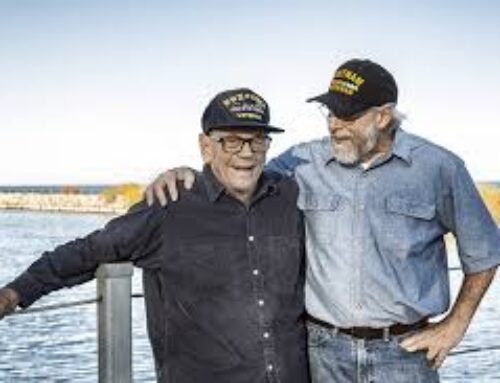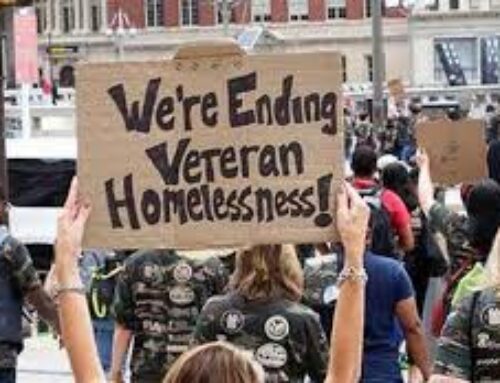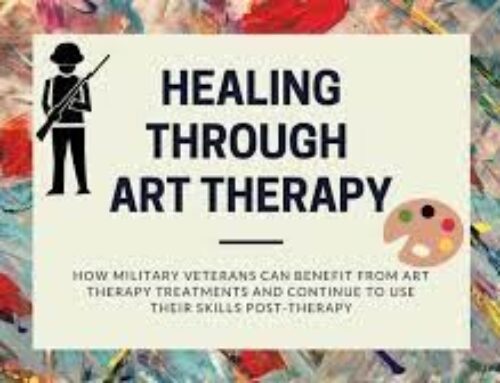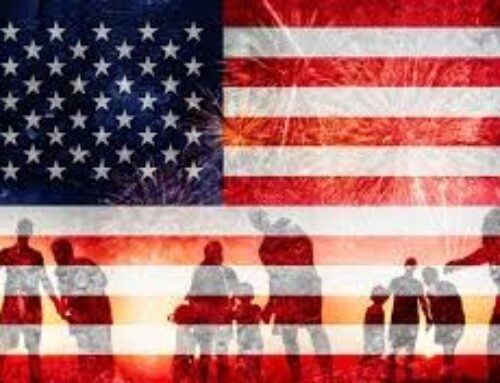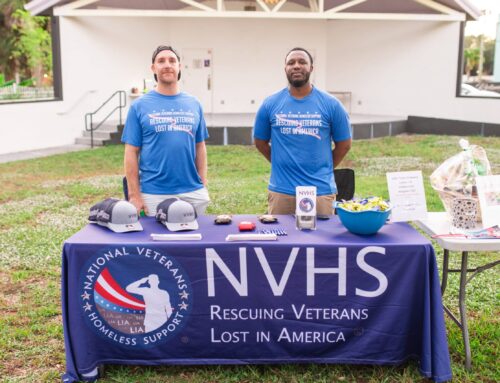Veterans and Disability
Disability amongst veterans is a complex topic, and one that can have extensive implications for veterans’ employment prospects, ability to find housing, and overall well-being. According to research released by the ADA (Americans with Disabilities Act) National Network, 3.5 million (or 29.6%) of veterans aged 21-64 live with a disability, and just under 1.5 million (or 12.4%) have a service-connected (SC) disability.
Service-connected disabilities among disabled veterans include physical disability as a result of injury, but they can also encompass things like disease, hearing loss, chemical exposure, and post-traumatic stress disorder (PTSD) or traumatic brain injury (TBI).
Disability and Homelessness
Veteran disability rates are startlingly high among the homeless population: around 53% of homeless veterans have a disability. In most cases, it’s difficult to pin homelessness on a single cause or factor; however, it’s likely that for some veterans, their disabilities are connected to their homeless status in the following ways:
- Disability and Employment: Disabled veterans are employed at significantly lower rates than veterans without disabilities and civilians. In spite of disabled veteran assistance programs, around 28% of disabled veterans reported that their impairment prevented them from getting or maintaining a job. Difficulty finding or keeping a job can contribute to economic instability for veterans, which may increase their risk of poverty or becoming homeless.
- Disability and Mental Health: Aside from the physical and circumstantial effects of disability, a disabled veteran may experience negative consequences for their mental health. One study revealed that veterans with a higher disability rating were nearly four times more likely to need mental health care.
- Disability and Substance Abuse: For many individuals, there may be a link between disability and substance abuse as disabled veterans use opioids, alcohol, or other substances to cope with injury, chronic pain, or PTSD.
You can make a difference for homeless veterans by supporting organizations that provide veteran housing. National Veterans Homeless Support seeks to eliminate homelessness among veterans in Central Florida and nationwide. NVHS takes a proactive, intervention-based approach to homelessness by meeting homeless veterans where they are and helping them from there. Through programs like Search and Rescue Outreach, NVHS helps homeless veterans get the supplies they need to survive, connects them with support and resources, and helps them transition off the streets and into temporary or permanent housing. If you’re able, consider supporting our mission by donating or signing on as a volunteer.

